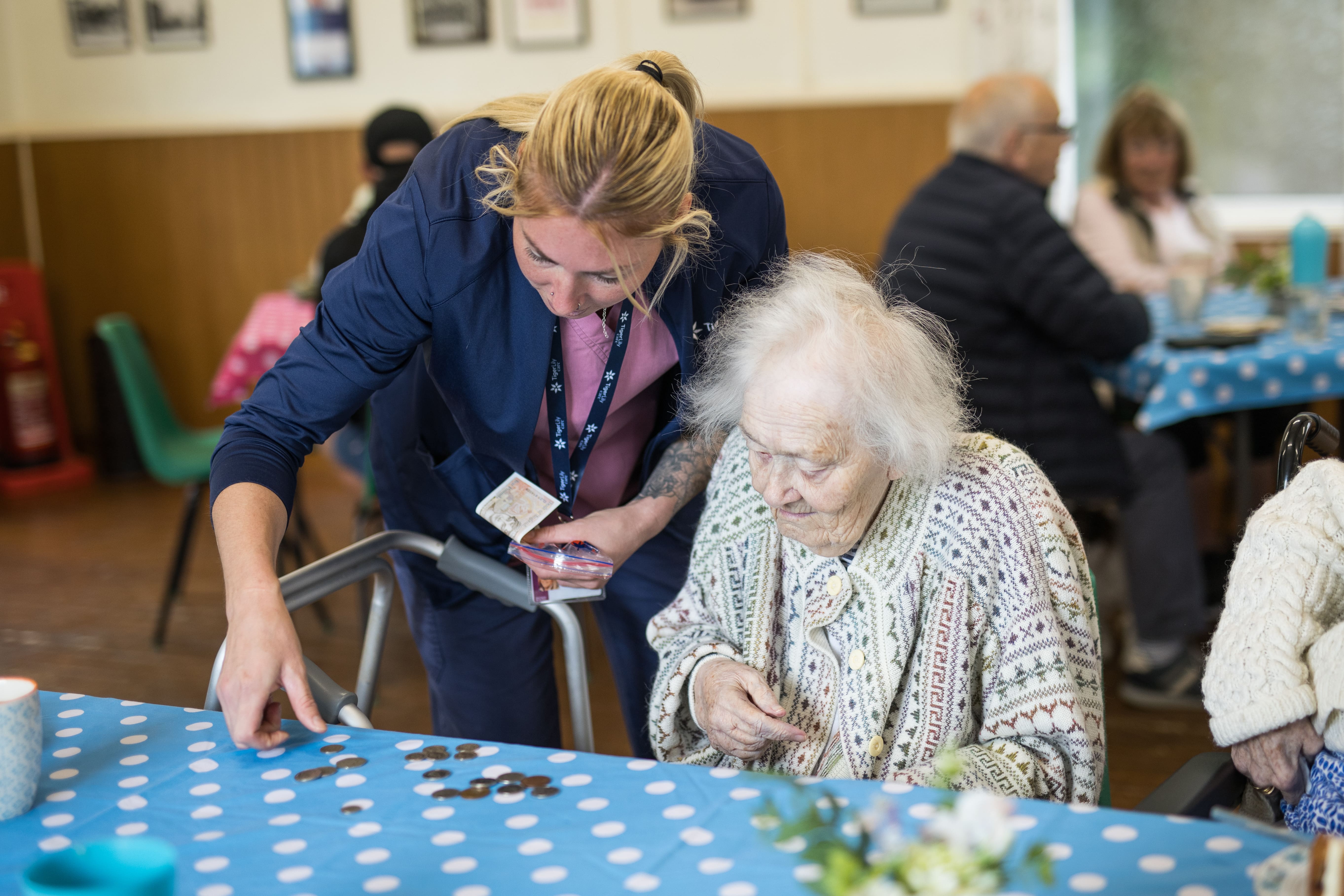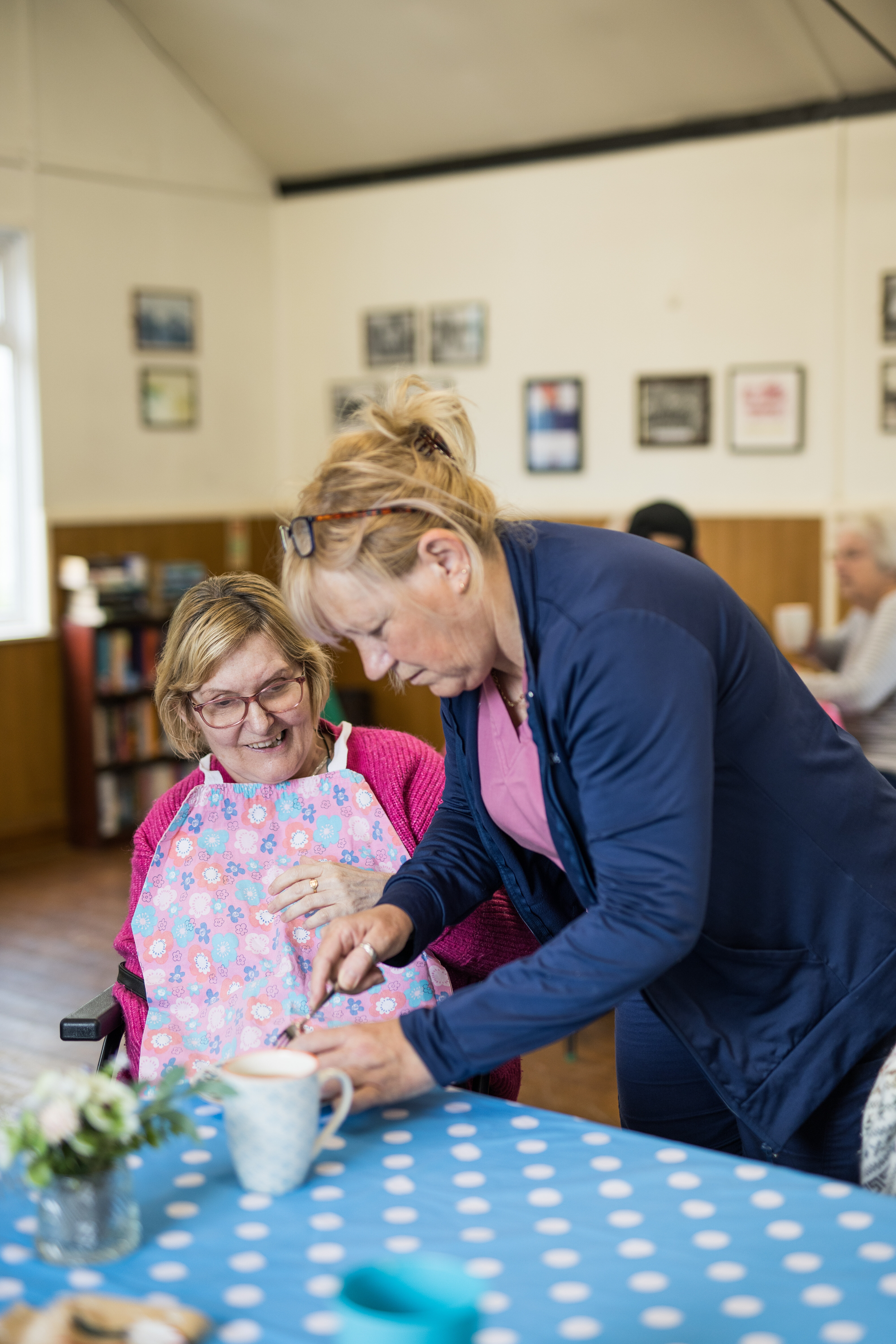Parkinson’s disease is a progressive neurological condition that affects movement, coordination, and often mood and cognition. While each person’s experience with Parkinson’s is unique, most individuals can live at home for many years with the right care and support.
For families and caregivers, knowing how to provide meaningful assistance while preserving the person’s independence and dignity is key. In this blog, we explore practical strategies to help you create a safe, empowering home environment for someone living with Parkinson’s.
Understanding Parkinson’s: What Families Need to Know
Parkinson’s disease is a condition that causes gradual deterioration in brain structure and function. The disease primarily affects the brain’s ability to control movement due to reduced dopamine production.
The primary symptoms of Parkinson’s disease include:
- Involuntary shaking in different body parts (tremors)
- Slow movement (bradykinesia)
- Stiffness and inflexibility
- Difficulties with balance and mobility
An individual with Parkinson’s disease may also experience several other physical and psychological symptoms. These include:
- Depression and anxiety
- Sleep disturbances (insomnia)
- Memory difficulties
- Fatigue
- Loss of sense of smell (anosmia)
Symptoms are highly variable from person to person. Over time, new symptoms are likely to appear, or existing ones may worsen. Understanding the symptoms of Parkinson’s can allow you to take prompt action and access support at the earliest opportunity.
Any changes in symptoms or function should be reassessed, working collaboratively with your loved one’s healthcare provider to plan and respond. Remaining empathetic and supportive throughout all of the challenges your loved one is facing can make all the difference to their quality of life.
Creating a Safe and Accessible Home Environment
As a person’s mobility and stability change, common household furnishings can present a problem. An occupational therapy specialist can provide advice and guidance on making your loved one’s home safe and accessible.
Mobility and Falls Prevention:
- Remove loose rugs and clutter.
- Install grab bars in the bathroom and handrails on stairs.
- Use non-slip mats.
- Ensure adequate lighting throughout the home.
Comfort and Ease of Use:
- Keep frequently used items within easy reach.
- Consider a stair lift or raised seating if mobility declines.
- Arrange furniture to allow clear walking paths.
- Consider introducing additional adaptive equipment (e.g., easy grip utensils or bedrails).
- Provide seating/rest spots throughout the home.
Daily Routines and Structured Support
Routine and structure are an essential part of daily life that can be particularly beneficial for people with Parkinson’s. Work collaboratively with your loved one to establish a routine that meets their physical, emotional, and spiritual needs.
A successful daily routine will usually involve:
- Establishing consistent times for waking, meals, medication, and activities.
- Planning physically demanding tasks during peak energy periods, often in the morning.
- Breaking tasks into smaller steps and allowing extra time for any challenges or delays.
- Including exercise and relaxation as part of the daily rhythm.
A good routine should provide your loved one with stability while remaining flexible in the face of changes. Having a predictable routine helps reduce stress and preserve independence.
Managing Medication and Medical Needs
Unlike most medications, Parkinson’s medications must be taken on time for optimum symptom control. Without support, this can add an extra layer of complication and stress for your loved one who may already be struggling with memory or cognitive function.
You can support your loved one with managing their medication by:
- Using a medication organiser or digital reminders.
- Coordinating with the pharmacist and GP to monitor side effects.
- Keeping a record of symptoms, medication times, and changes in their condition.
- Reaching out for professional care support as needed.
For some people, advanced treatments such as deep brain stimulation (DBS) may be considered. Discuss any treatment options with your loved one’s healthcare provider to find out how best you can support them throughout their therapy.
Encouraging Physical and Cognitive Activity
Staying active (both physically and mentally) helps slow disease progression and maintain quality of life. A physiotherapist can provide expert advice on what exercises are appropriate and safe.
Exercise and Movement
Physical activity can help reduce symptom burden and support the maintenance of overall health and well-being.
- Encourage daily walking or physiotherapy-approved exercises.
- Use chair-based workouts or stretching routines if mobility is limited.
- Try activities like dancing, tai chi, or yoga designed for people with Parkinson’s.
Mental Stimulation
Regular mental stimulation can slow any decline in thinking and memory function, as well as boost mental health and quality of life.
- Play memory games, puzzles, or listen to music.
- Encourage conversation and social engagement.
- Read together or explore creative hobbies.
Communication and Emotional Support
Speech and mood changes are common with Parkinson’s, and communication may require extra patience. You can help your loved one by speaking clearly and slowly, allowing additional time for their response. Tremors may make handwriting very difficult to read, often requiring support by dictation or typing. If your loved one is struggling to process what you are saying, try supporting their understanding by using written notes or gestures.
Having Parkinson’s can be a very frustrating and emotionally challenging experience. Encourage open and honest discussions about feelings between family members, listening with empathy and avoiding judgment. If your loved one is showing signs of depression or anxiety, consider accessing professional mental health support.
Supporting Independence and Dignity
The loss of independence is one of the most challenging things that anyone with a significant chronic health condition faces. Supporting someone in this situation should focus on empowerment, whilst avoiding overprotection. Fostering autonomy can improve confidence and well-being.
- Let your loved one perform tasks themselves when safe, even if it takes longer.
- Support the use of adaptive tools for dressing, eating, or writing.
- Involve them in decisions and respect their preferences.
Maintaining a sense of control over daily life helps preserve dignity and self-worth.
Family and Caregiver Wellbeing
Caregiving can be physically and emotionally demanding. This is especially the case when caring for someone with Parkinson’s, who may need support with a wide range of personal care, healthcare coordination and social support.
Always remember that families need support too, and that caring for yourself is a necessity, not an option.
- Take regular breaks to recharge.
- Share responsibilities with other family members.
- Set clear expectations and boundaries.
- Join caregiver support groups, either locally or online.
- Seek respite care if needed to avoid burnout.
- Consider involving a professional home care service to support your loved one.
Professional Support and When to Ask for Help
You don’t have to provide care for someone with Parkinson’s alone. Professionals can offer tailored guidance and services.
Access support from a multidisciplinary team of healthcare professionals, including:
- GPs
- Nurse specialists
- Neurologists
- Physiotherapists
- Speech therapists
- Psychologists
- Dieticians
- Social workers
Ask about NHS or local authority support, including home care and equipment. This may also include arranging financial support (either through disability support for your loved one or carer support for yourself).
Specialist organisations can provide advice, guidance, and even put you in touch with Parkinson’s nurse specialists. Parkinson’s UK is a charity that provides free expert support.
It can be challenging to identify exactly when you need help, with many people struggling for longer than they need to until they reach a crisis point. It’s never too early to reach out. Early intervention and regular reviews can prevent complications and keep care on track.
Healthcare professionals can also facilitate discussions with your loved one on a wide range of sensitive topics, including future care planning.
Key Messages
Supporting a loved one with Parkinson’s at home can be both a challenging and a rewarding experience. With a thoughtful approach, families can create an environment that balances safety, comfort, and independence.
Start with small steps: make the home safer, establish routines, and encourage movement and social connection. Most importantly, take care of yourself, too. Parkinson’s may change the path ahead, but it doesn’t take away the opportunity to share meaningful moments every day.
Next Step: Review your home environment this week and identify one change that could make daily life easier or safer for your loved one living with Parkinson’s.








